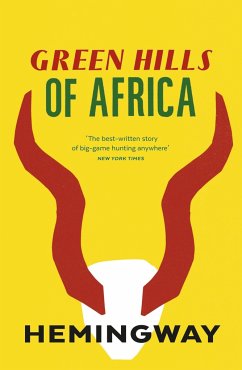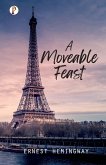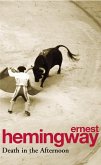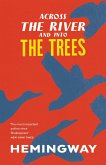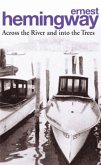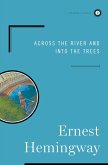This is Hemingway's East African safari journal.
'All I wanted to do was get back to Africa'
Green Hills of Africa is Ernest Hemingway's lyrical journal of a month on safari in the great game country of East Africa, where he and his wife Pauline journeyed in December 1933. Hemingway's well-known interest in - and fascination with - big-game hunting is magnificently captured in this evocative account of his trip. It is an examination of the lure of the hunt and an impassioned portrait of the glory of the African landscape and of the beauty of a wilderness that was, even then, being threatened by the incursions of man.
'In a class by itself - the country at all hours shines bright and clear in these pages' Daily Telegraph
'The best-written story of big-game hunting anywhere' New York Times
'All I wanted to do was get back to Africa'
Green Hills of Africa is Ernest Hemingway's lyrical journal of a month on safari in the great game country of East Africa, where he and his wife Pauline journeyed in December 1933. Hemingway's well-known interest in - and fascination with - big-game hunting is magnificently captured in this evocative account of his trip. It is an examination of the lure of the hunt and an impassioned portrait of the glory of the African landscape and of the beauty of a wilderness that was, even then, being threatened by the incursions of man.
'In a class by itself - the country at all hours shines bright and clear in these pages' Daily Telegraph
'The best-written story of big-game hunting anywhere' New York Times

